From Rohingyas to dirty politics: Sushma Swaraj heads to Bangladesh amidst much drama
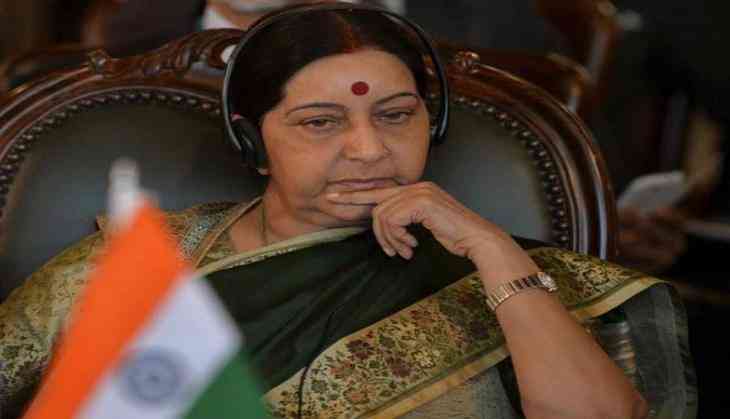
On 22 and 23 October, External Affairs Minister Sushma Swaraj will be in Dhaka for the fourth meeting of Joint Consultative Commission. The visit comes in the backdrop of massive influx of Rohingya refugees from neighbouring Myanmar which has put India in a tricky spot.
It also comes at the heels of several interesting political developments in Dhaka, including the warrants against Bangladesh National Party (BNP) chief Begum Khaleda Zia and the tussle between the Chief Justice and Prime Minister Sheikh Hasina-led Awami League government.
In fact, Chief Justice Surendra Kumar Sinha recently left Bangladesh amidst allegations that he has been forced out by the Awami League. The latter claims grave charges of corruption against him.
With elections just about an year away, political circles in Bangladesh are heating up. While Awami League continues to have a hold with a strong cadre, the BNP is hoping to capitalise on the anti-Awami League sentiment, according to political experts in Dhaka.
Coming to an understanding
According to the Bangladeshi Prime Minister’s Office, as the Indian government is yet to officially announce the schedule of Swaraj’s visit, Swaraj will be meeting Hasina on the evening of 22 October, the first day of her visit.
The next day, she is also expected to call on Begum Zia, who just returned to Dhaka after more than a three-month long stay in London.
Everything from the Teesta River to the recent Rohingya influx will be on the table when Swaraj meets Hasina for their second meeting since they met on the sidelines of the UN General Assembly in New York in September.
The Joint Consultative Commission will also be reviewing the entire gamut of bilateral ties between both the countries.
Swaraj is also expected to inaugurate some of the development projects being undertaken under the Line of Credit announced by India. Finance Minister Arun Jaitley had travelled to Dhaka earlier this month, which was when he finalised the $4.5 billion Line of Credit that had been announced during Sheikh Hasina’s visit to New Delhi in April.
This is the third LOC that India has extended to Bangladesh. The 2016 LOC totalled a whopping $2 billion. However, the implementation of projects under the LOCs has been tardy.
“But the progress of the Line of Credit is disappointing. A recent newspaper report said only $600 million of the first Line of Credit has been utilised. If that is correct, then there must be something fundamentally wrong. We really need to address it,” Gowher Rizvi, foreign affairs advisor to Sheikh Hasina was quoted by a Dhaka newspaper recently.
Similarly, the fact that Teesta water sharing pact remains unresolved in light of differences between New Delhi and West Bengal Chief Minister Mamata Banerjee’s government in West Bengal is not helping India image in Dhaka either.
“Obviously, our failure to sign the Teesta agreement has been a major setback. Not because we have been deprived of water, but the very feeling that we could not sign an agreement has created a feeling in Bangladesh,” Rizvi said as per the Dhaka press at the ORF-BEI dialogue in Dhaka earlier this month.
There has been little progress since Banerjee raised the red flag.
Dealing with a humanitarian crisis
However, it is not just the long-pending Teesta agreement, but the situation in Northern Rakhine which has lately caused unease in Bangladesh-India relations.
More than half a million refugees have crossed the border over to Bangladesh after they allegedly being driven out by military operations.
India, which had announced that it will deport the Rohingya refugees living within its borders, initially had seemed to support the Myanmar security forces operations against ARSA, even as it kept quiet on the humanitarian crisis. But due to pressure from Bangladesh, India was forced to recalibrate its stance.
Since then, India has sent humanitarian assistance to Bangladesh to grapple with the crisis. But Dhaka continues to insist that, India, being a regional power, has a bigger responsibility to ensure that there is a political solution to the mess.
Sheikh Hasina had put forth a five-point solution to the problem during her recent visit to UNGA. The solution included implementation of the Kofi Annan Commission recommendations and repatriation of all the refugees. The Indian government said it supports the implementation of the recommendations and repatriation of the refugees, but Bangladesh expects India to do more.
Political experts in Dhaka claim that India's anti-Rohingya statements and initial support for Myanmar have eroded its credibility in Bangladesh. The Sheikh Hasina government too had to change its tacks from not allowing any Rohingya to come in to full government support after the deluge of helpless Rohingyas intensified because of the situation in Northern Rakhine.
With the AL-government in a tight spot over multiple issues, Opposition BNP has upped the ante. India has made no bones in the past about its support to the Awami League government, since both countries have seen unprecedented cooperation largely driven by PM Hasina’s long association with New Delhi, Swaraj’s meeting with Begum Zia will be keenly watched.
Especially amidst allegations by the BNP that recent developments including the forced exit of the Chief Justice point to a danger to free and fair elections.
First published: 20 October 2017, 21:07 IST
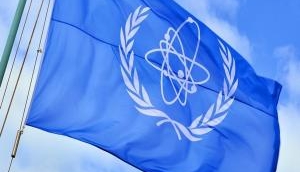
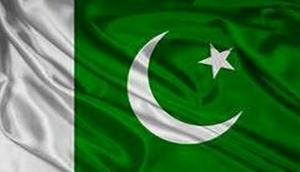

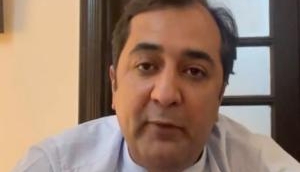
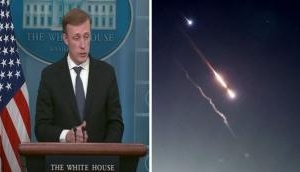
![BJP's Kapil Mishra recreates Shankar Mahadevan’s ‘Breathless’ song to highlight Delhi pollution [WATCH] BJP's Kapil Mishra recreates Shankar Mahadevan’s ‘Breathless’ song to highlight Delhi pollution [WATCH]](http://images.catchnews.com/upload/2022/11/03/kapil-mishra_240884_300x172.png)

![Anupam Kher shares pictures of his toned body on 67th birthday [MUST SEE] Anupam Kher shares pictures of his toned body on 67th birthday [MUST SEE]](http://images.catchnews.com/upload/2022/03/07/Anupam_kher_231145_300x172.jpg)






